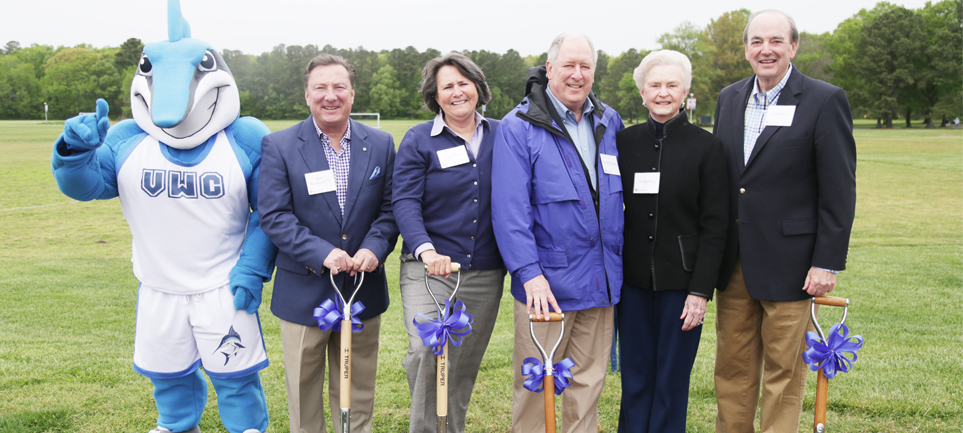Maria Marinelli
Staff Writer
Virginia Wesleyan’s Undergraduate Research Symposium will begin on Monday, Apr. 29 in the Pearce Hospitality Suite at 4:30 p.m.
The annual symposium is hosted by the Undergraduate Research Program, which has awarded grants of up to $1,000 for independent research projects and helped pay for students to attend conferences in order to present their research.
In addition, this spring the program hosted a series of six workshops in the Hofheimer Library which provided resources for students interested in undergraduate research. From February to mid-April, faculty members have been helping students learn how to use the library effectively, identify a research topic, write academically, write an abstract, present research in an academic setting and create a research poster.
The director of the Undergraduate Research Program, history professor Dr. Sara Sewell, sees the program and symposium as vital to undergraduate education.
“A distinctive feature of a Virginia Wesleyan education is the ability to give students opportunities to do research,” said Sewell. Virginia Wesleyan is committed to mentoring students, and [undergraduate] research is a natural progression from that commitment.”
The first symposium was in 2006, and has grown considerably larger since. Sewell estimates that about 125 students either gave oral presentations or submitted posters for the 2012 symposium, which was the largest number of participants to date. She estimates the number of presenters this year will remain about the same.
One factor in the expansion of the symposium was the curriculum reform that took place two years ago.
According to Sewell, when the school switched to the four by four curriculum format, “it opened up opportunities for more departments and majors to offer a research program.” Now, students from a wide array of majors and departments present at the symposium.
Senior Carissa Chantiles is one such example. Two years ago, she developed an interest in political quotas aimed at increasing gender equality in a class centered on human rights. Chantiles partnered with Political Science Professor Dr. Aubrey Westfall, and was able to refine her paper to include more relevant information and to narrow her focus. The paper she will be presenting this year is titled “The Political Cure: Gender Quotas and Women’s Health,” and revolves around the association between quotas and a country’s healthcare system, a relationship that has not been researched in depth before.
Chantiles, an International Studies major, sees the Undergraduate Research Symposium as hugely beneficial for students, in many ways.
“It has given me the opportunity to get feedback from faculty and allowed me to present my work in front of a large group of people,” said Chantiles.
But that’s not all, her success at last year’s symposium, she says, might have also factored into the college’s decision to award her a travel grant for her research this semester, which helped her present at a conference in St. Louis.
Finally, she says that the paper and its success likely helped her get into graduate school. Sewell agrees.
“It’s a difficult economy. What are you going to do to make yourself stand out?” said Sewell. “When an employer or graduate school sees that a student has conducted independent research, it shows them that the student can work diligently, work independently and write well, which gives the student a “competitive edge.”
Non-presenting students are also encouraged to attend the symposium events, to learn from their peers who are presenting. The Kick-off Event on April 29 will feature keynote speaker Professor Kim Fahle and three students from each of the academic departments. They will be speaking about their experiences with undergraduate research and the importance of undergraduate research to both students and the school.
On April 30, presenters from the Natural Science and Mathematics Division will present in the evening in the Blocker Auditorium and second-floor hallway. The Women’s Resource Center will host a reception and feature research posters on May 1 in Village II. The Social Science Division will have presentations and posters during the middle of the day in the Social Science Lab on May 2. To end the week, the Division of the Humanities will present in the Pearce Hospitality Suite.
The Undergraduate Research Symposium is an opportunity for students to not only present their own research but also learn from fellow students and faculty. More information about the symposium can be found on the Virginia Wesleyan website.
